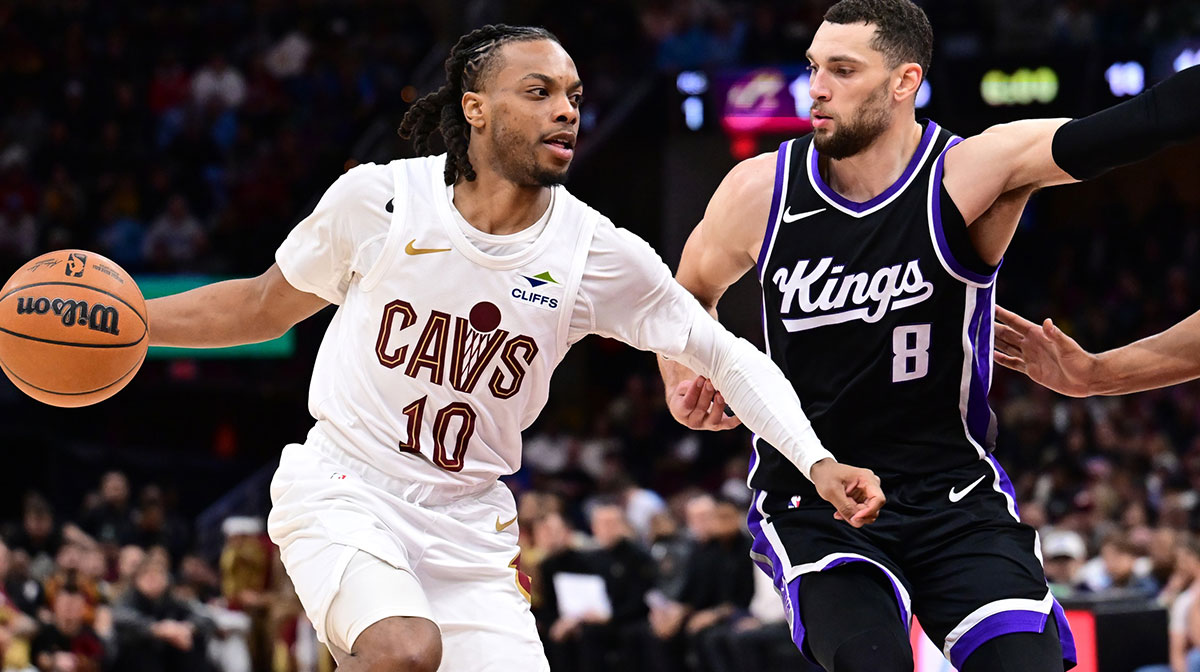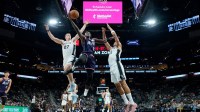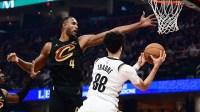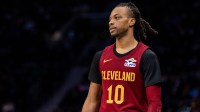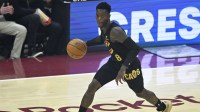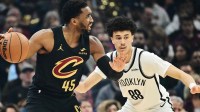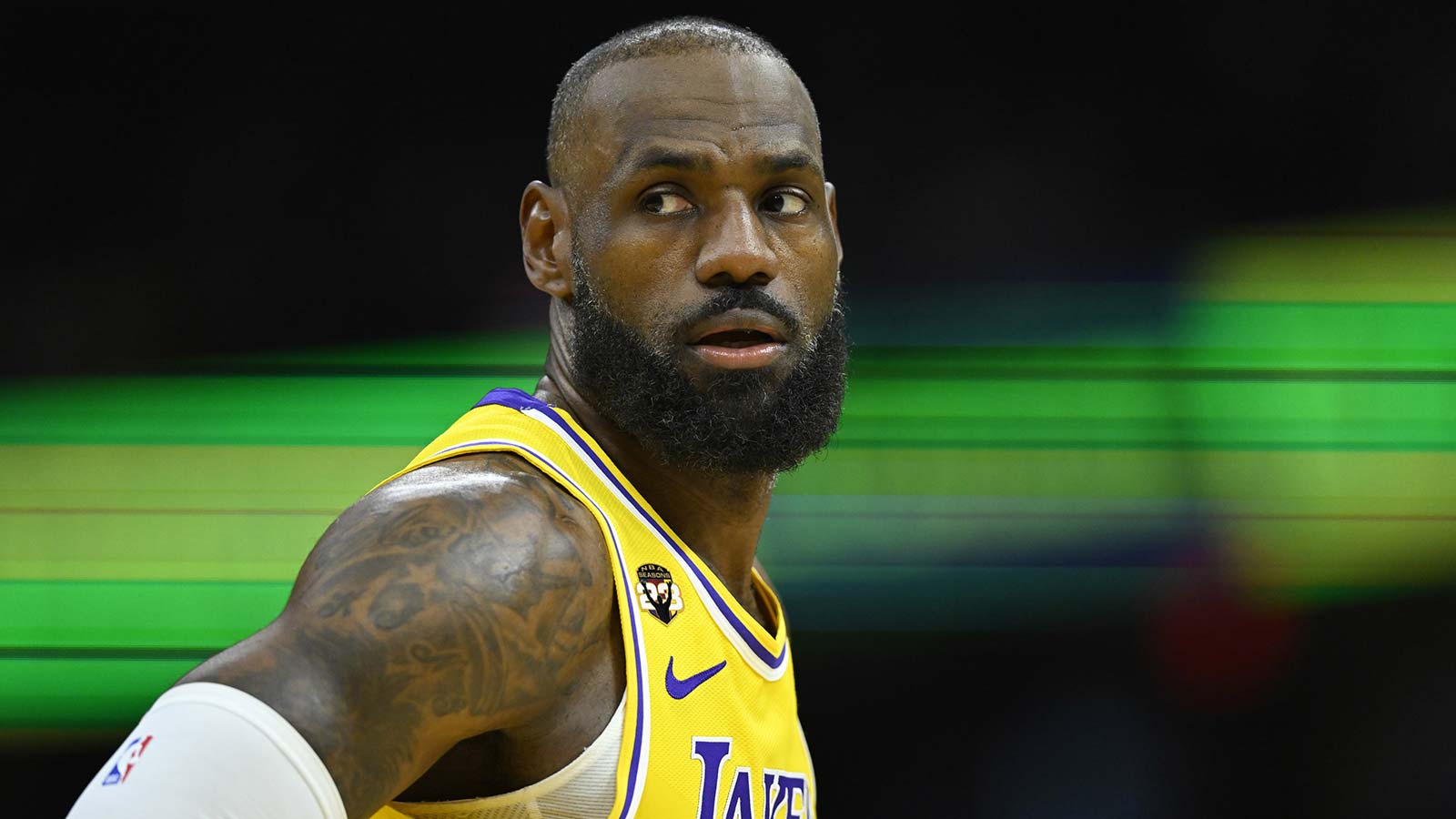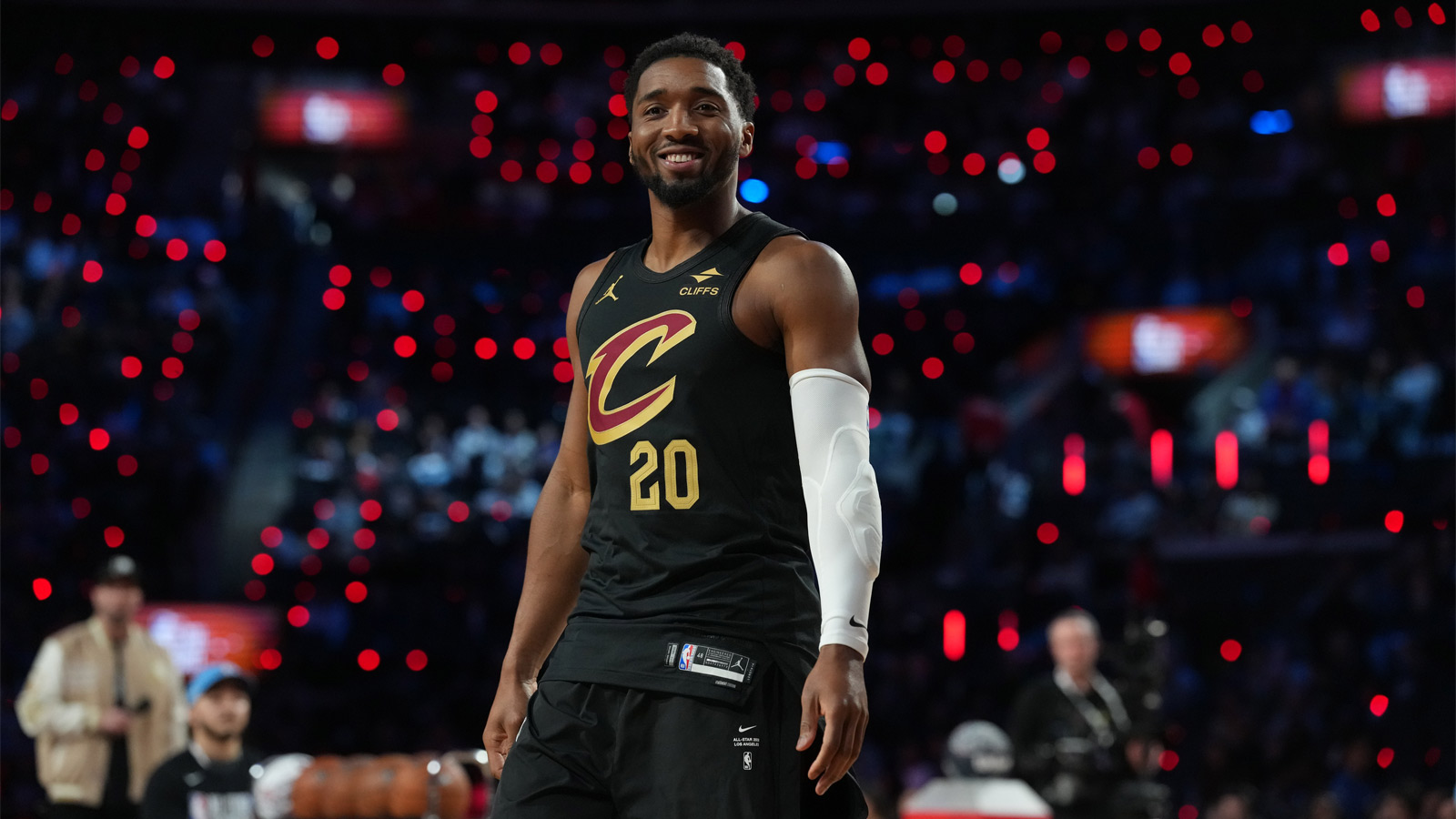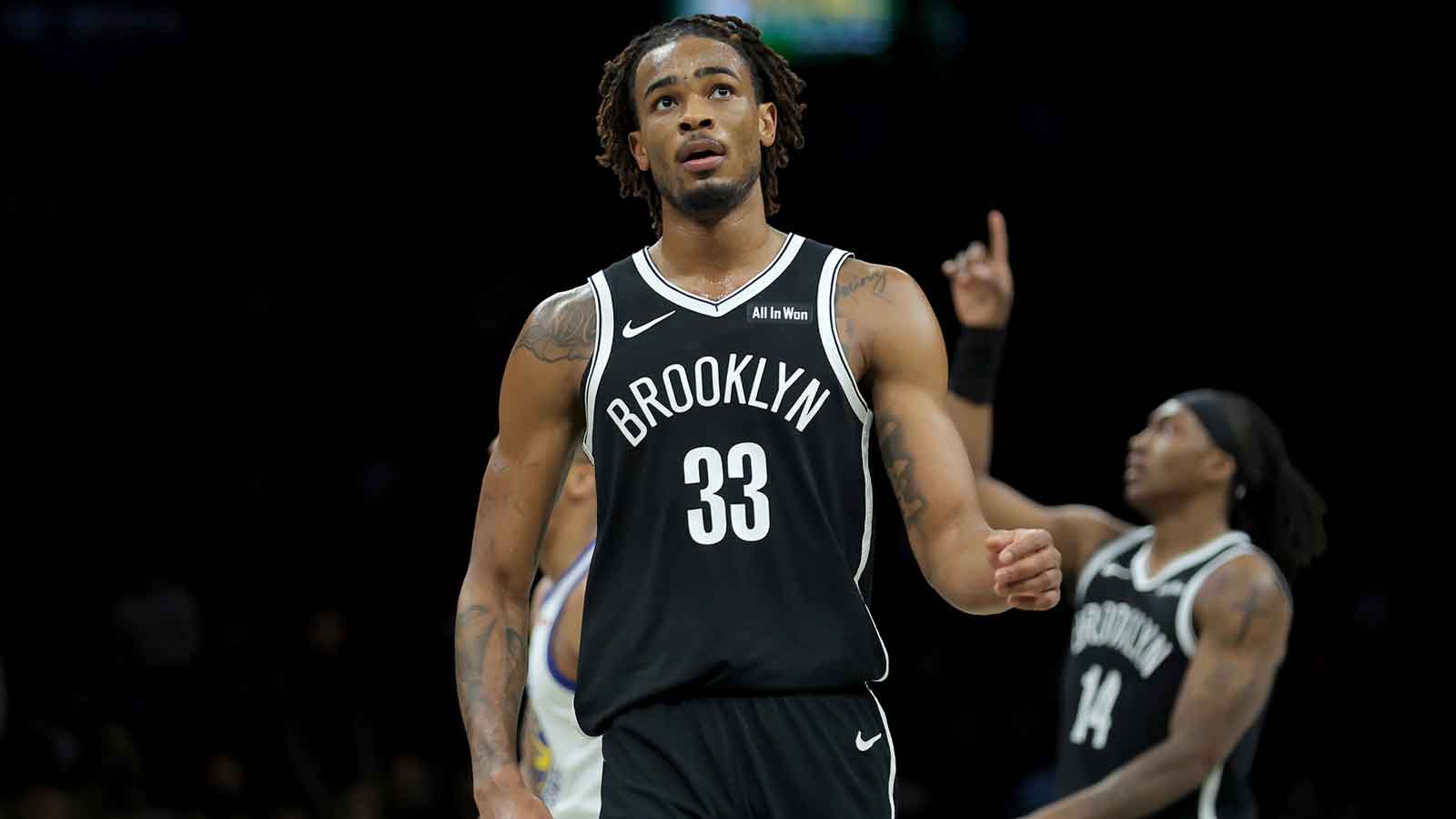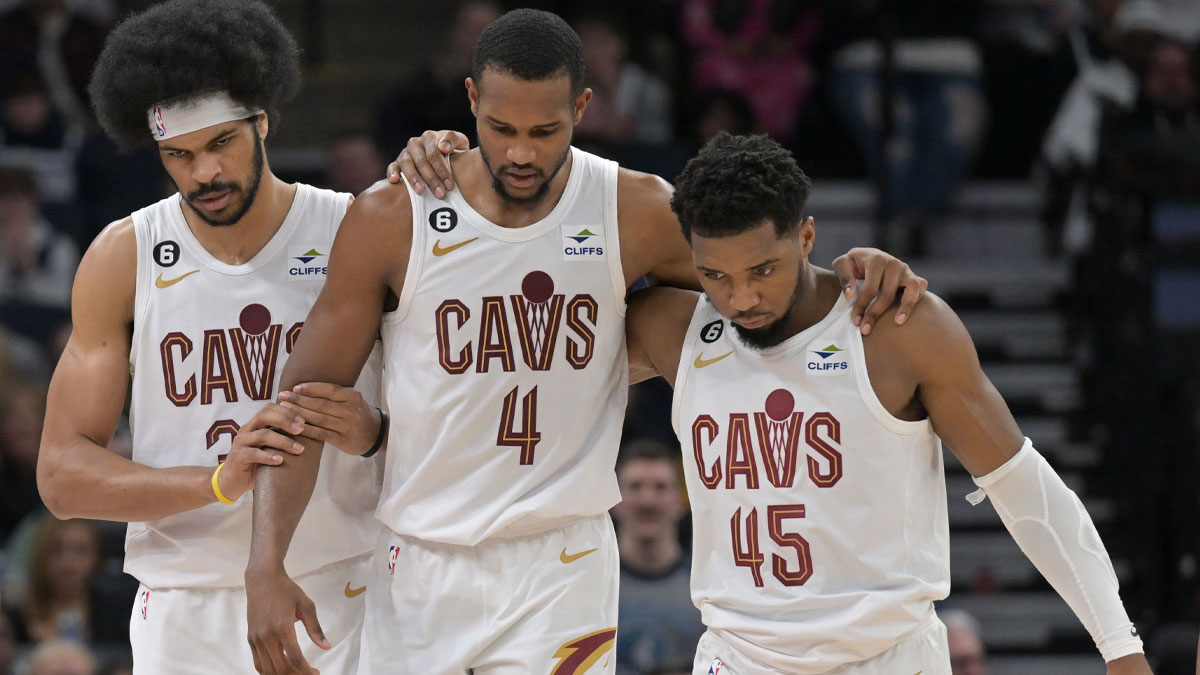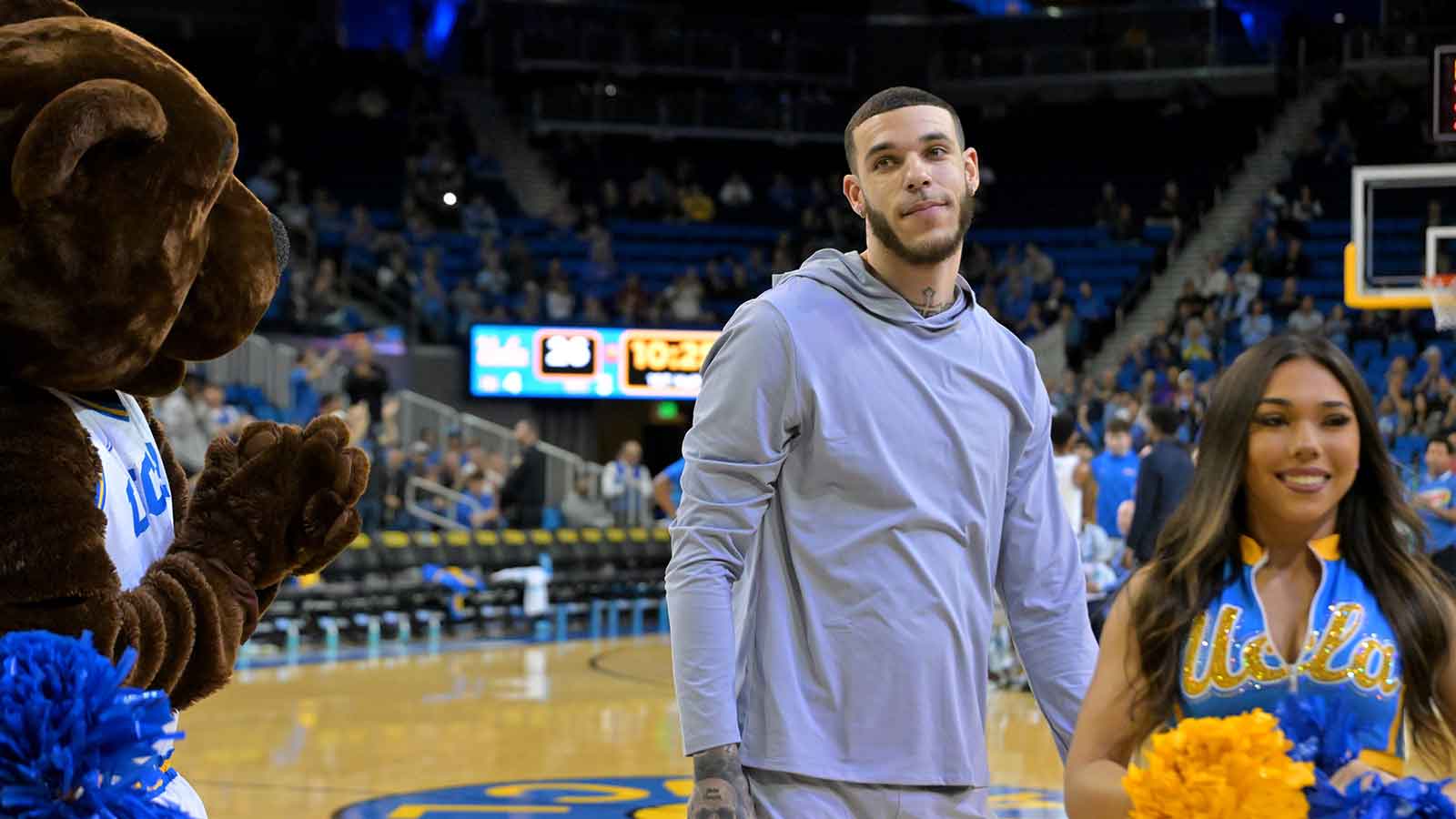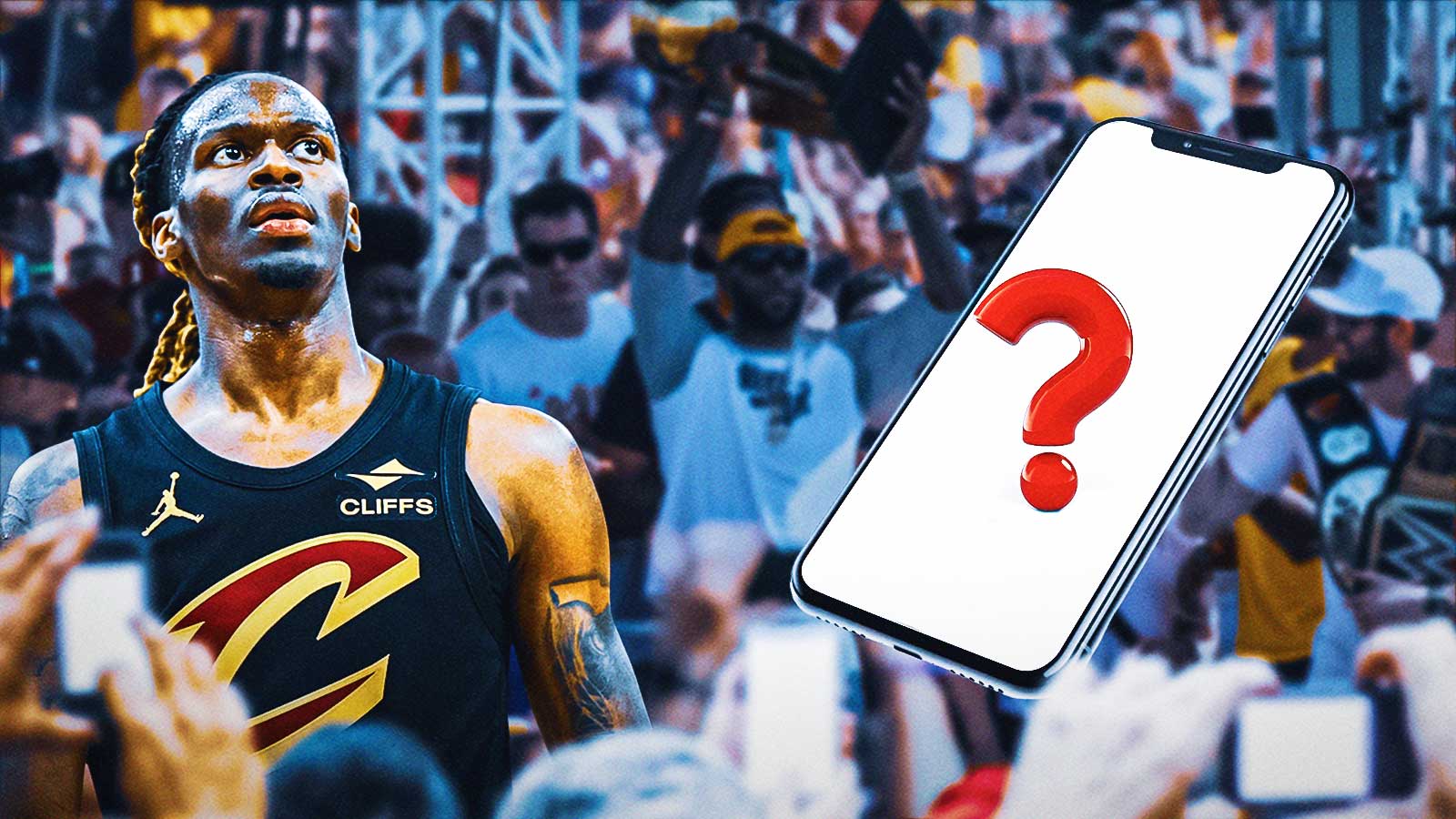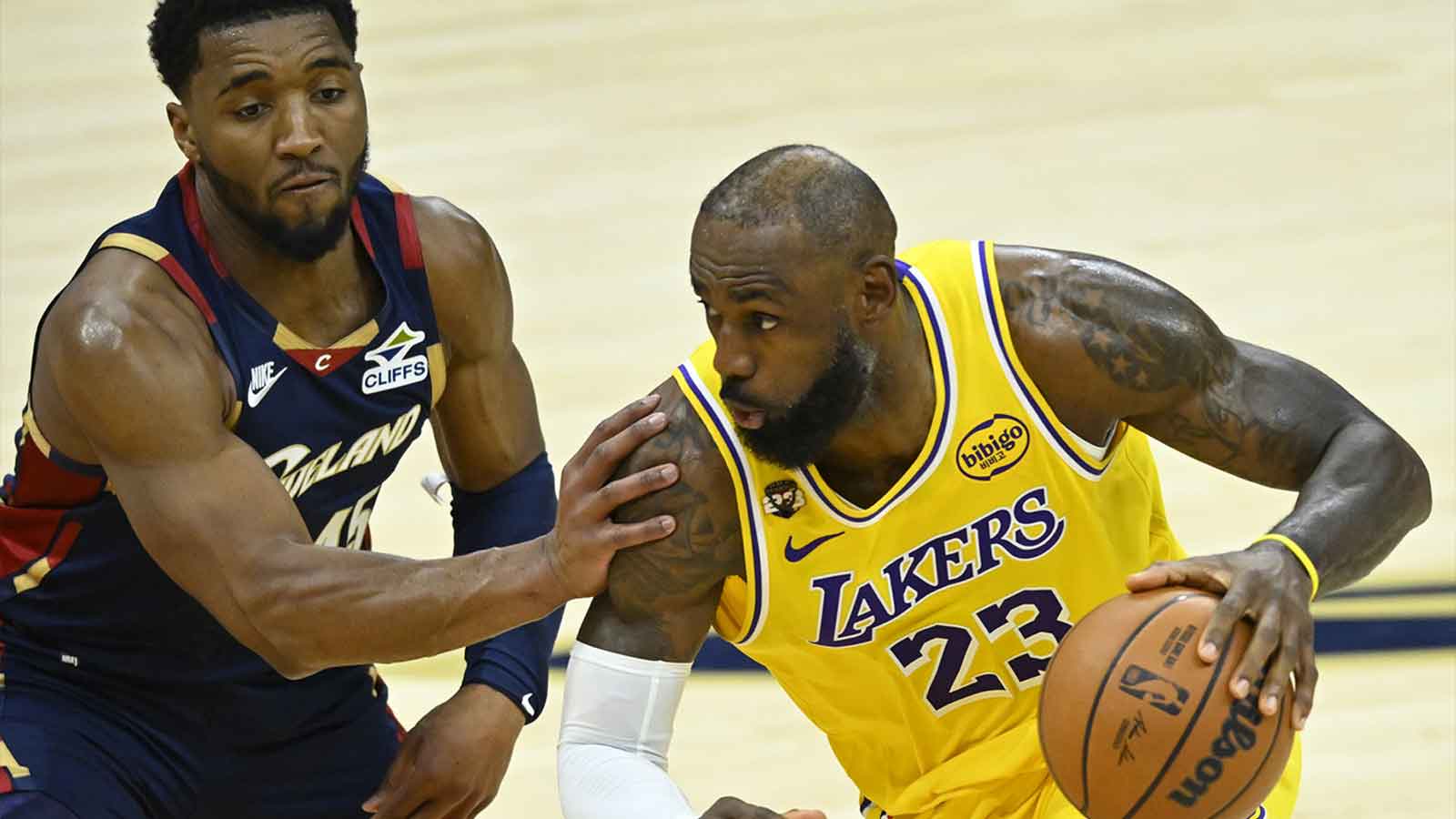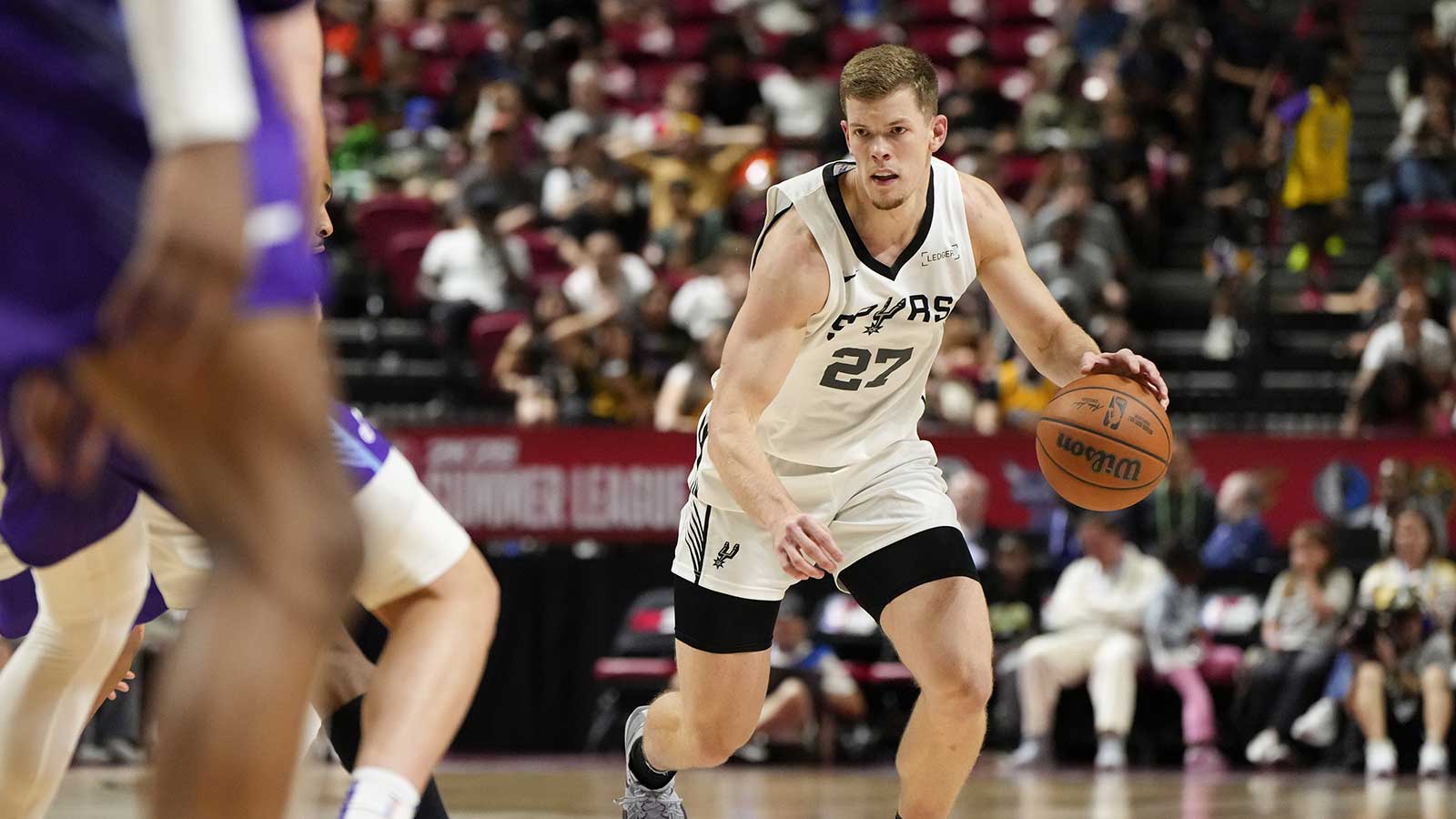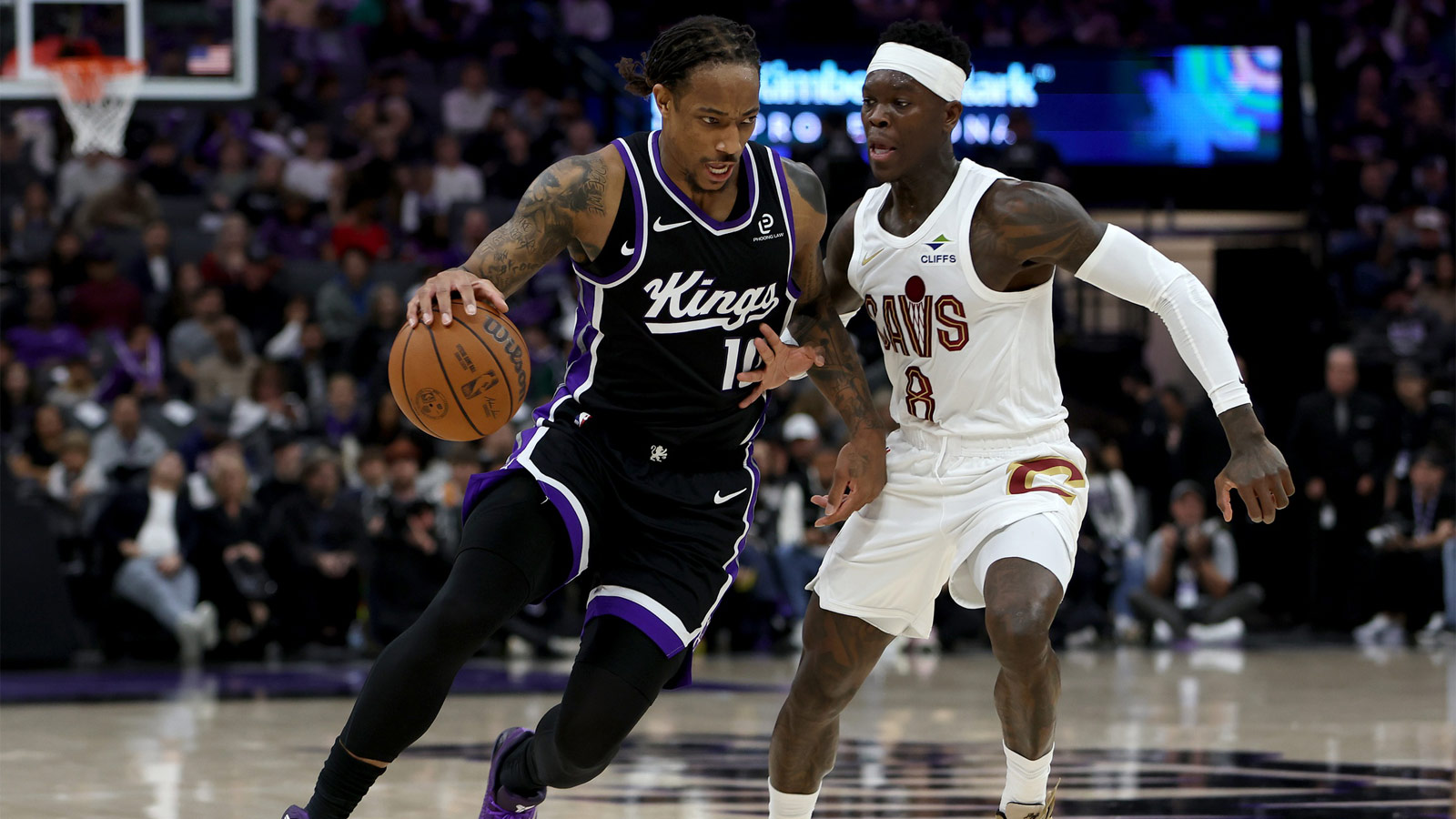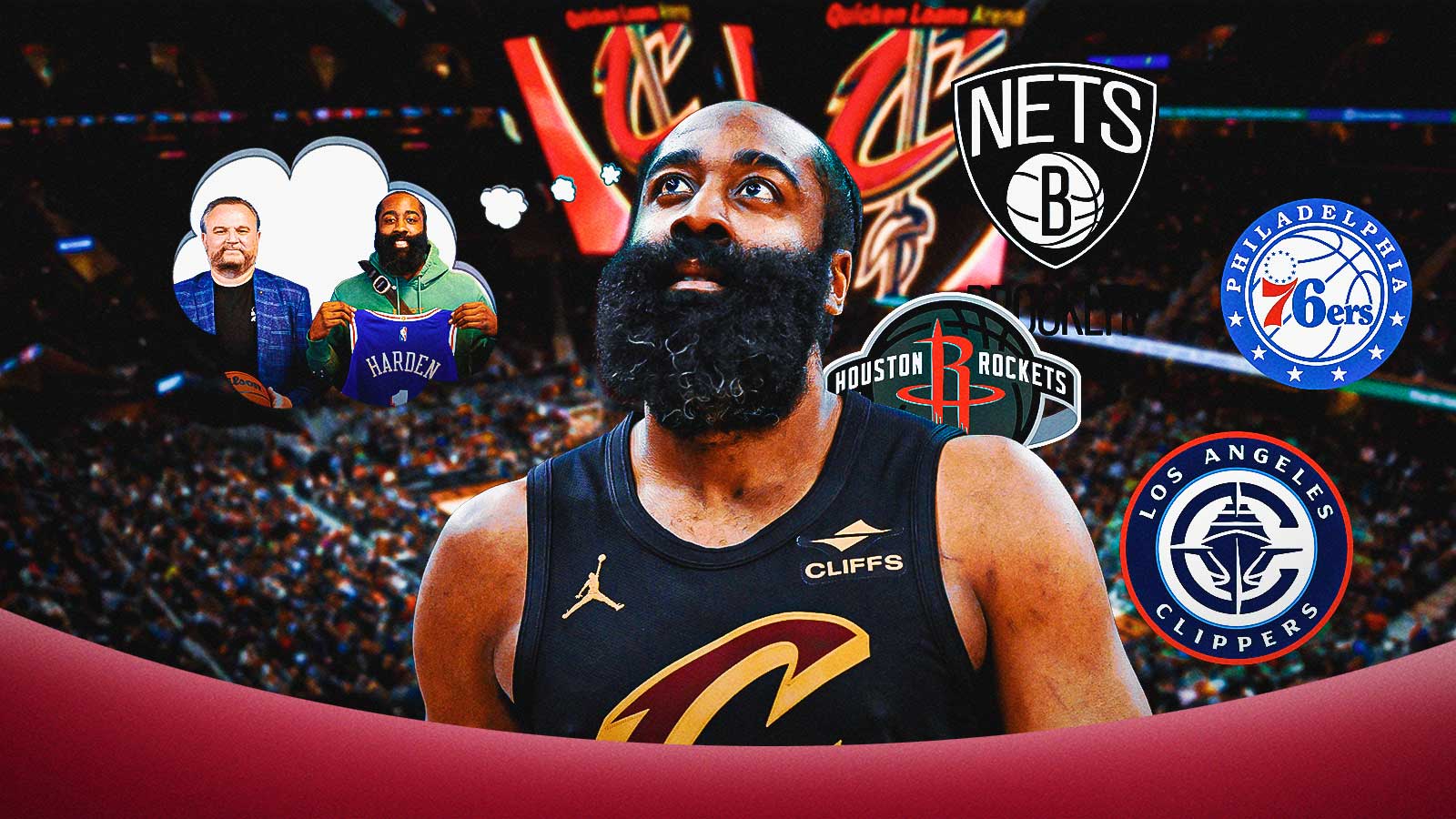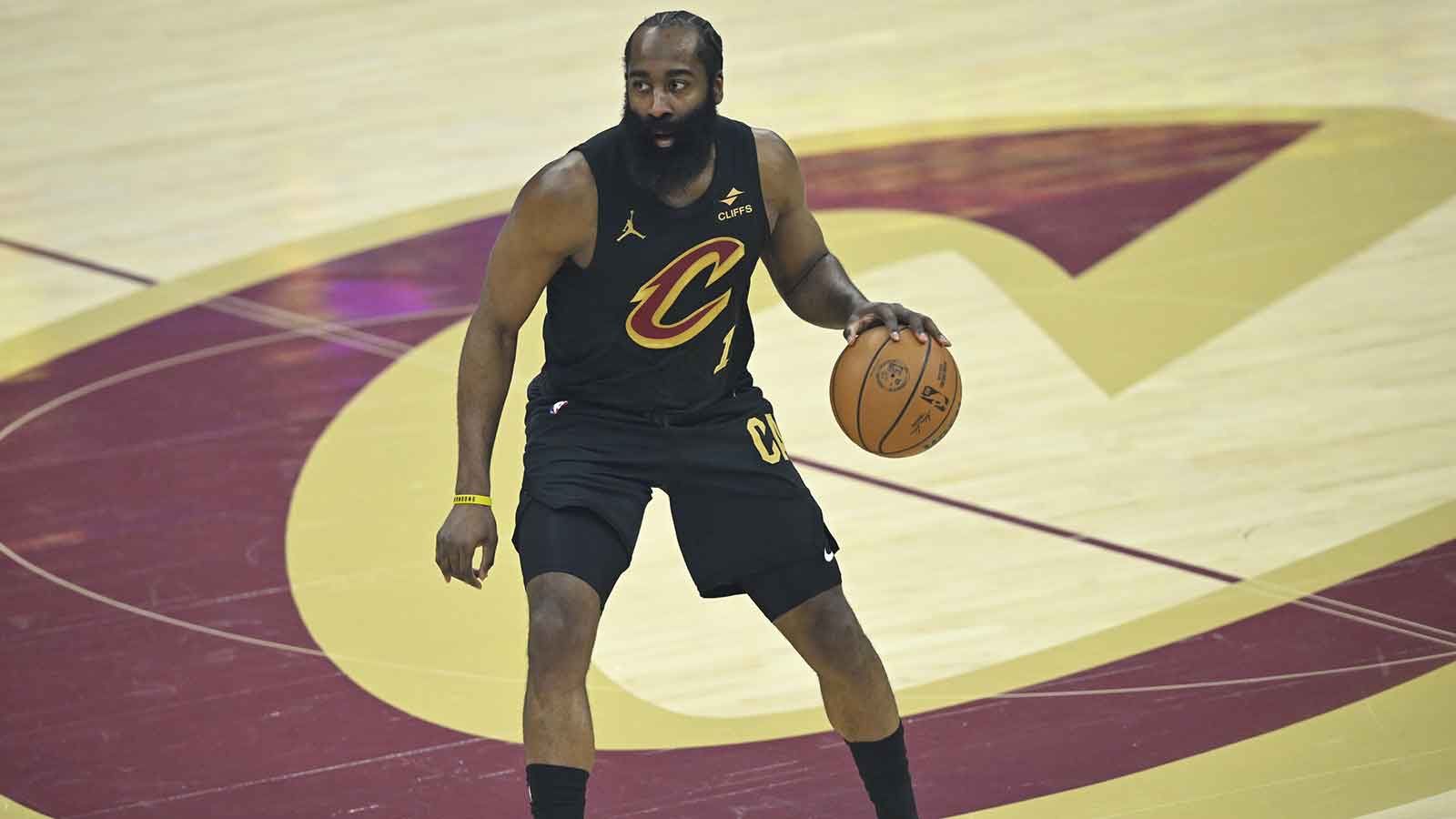After a crushing five-game exit at the hands of the Indiana Pacers in the Eastern Conference Semifinals, the Cleveland Cavaliers find themselves at a crossroads. For Koby Altman, the team’s President of Basketball Operations, the path forward is clear. It begins with Cavs superstar guard Darius Garland.
In a 45-minute postmortem of a once-promising season, Altman repeatedly returned to a central theme: toughness. Not just physical strength, but the mental resolve to thrive under playoff pressure. And no player symbolizes that developmental challenge more than Garland, the 25-year-old point guard who’s as talented as he is tantalizingly incomplete.
“We can dispel the notion that Darius and Donovan can’t play together,” Altman said. “I do think there’s a level Darius can get to that he hasn’t tapped into yet. His next step is going to be, ‘How do I get stronger?’ There’s a level he has to get to from a body standpoint, and that’s on all of us.”
Garland, once the face of Cleveland’s rebuild, has now entered a critical stage of his career. He’s no longer the rising star with limitless potential. He’s a foundational piece expected to steer the franchise through the chaos of postseason basketball. And in the face of another second-round disappointment, Altman made it clear: Garland’s growth is no longer a luxury. It’s a necessity.
The Cavs need to grow through their failure
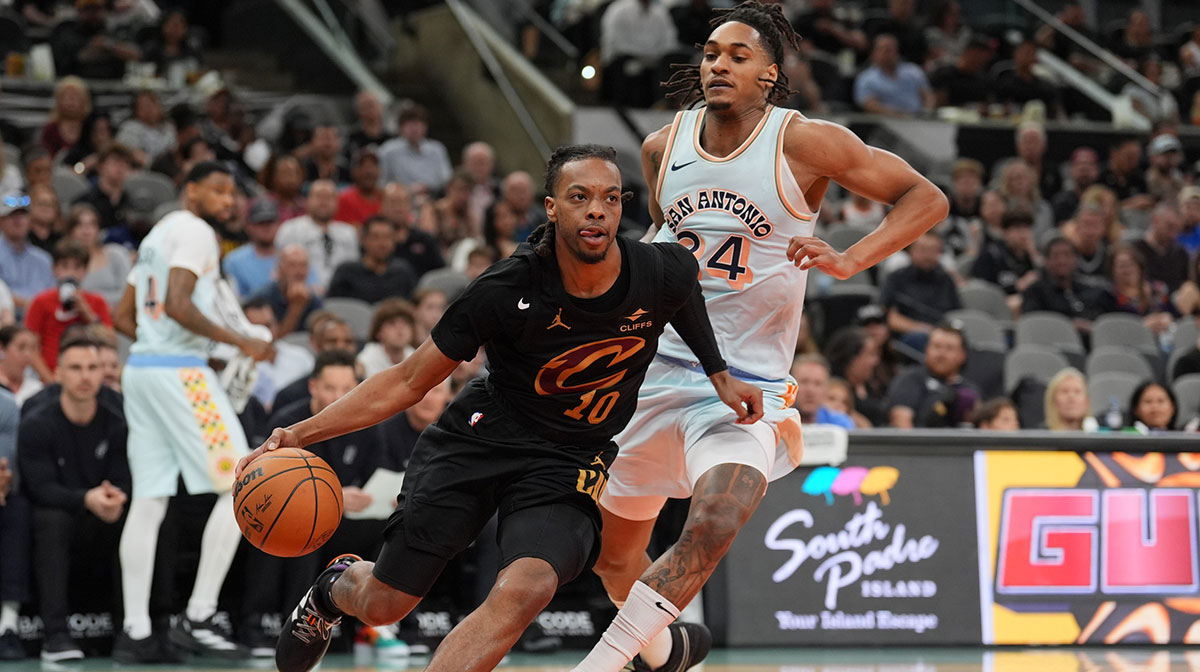
The loss to Indiana wasn’t about being outworked or outmuscled. The Cavs led the series in hustle stats, dominated possessions, and fought until the end. But they crumbled when it mattered most in execution, in composure, in the tiny details that define playoff basketball.
“I think there’s a mental toughness you have to get going through these playoff failures,” said Altman. “I think people speak to the physicality… This was different because it wasn’t like we were getting shoved around.”
Game 2 remains a haunting reminder. A missed box out, a botched rotation — the kind of moment that alters a series. In Altman’s view, those are the moments Garland must learn to own and overcome.
But the Cavs aren’t giving up on their point guard. Far from it. Altman spoke with conviction about Garland’s upside and role in the team’s future. Yet he didn’t shy away from challenging him. Garland’s size has always been a question mark in the hyper-physical playoff setting. That needs to change. Not with words, but with work.
“We have to get better in terms of playoff situations, how do we win on the margins?” said Altman. “How we get stronger, how we’re working on our diet, our sleep, all the stuff that goes into winning.”
Cleveland's still learning how to handle the playoffs
Cleveland’s foundation is still young. Evan Mobley is 23. Jarrett Allen is 27. Donovan Mitchell, 28, remains in his prime. But Garland, 25, is the fulcrum. He sets the tone offensively, he anchors the backcourt, and he must now rise as a leader, not just in spirit, but in substance.
However, getting stronger isn’t just about increasing strength in the weight room. It’s about confidence, about durability, about withstanding the grind of playoff defenses. If Garland wants to become that next-level guy, it starts there.
Thankfully, there’s no panic in Cleveland. The front office still believes in its core, even as national conversations question the team’s postseason viability. Altman pointed to Denver, Boston, and Oklahoma City, all teams that endured years of playoff failure before reaching their breakthrough. The Cavs are just three years into that journey. But timelines shrink quickly when expectations rise.
“We’ve become very good at the regular season,” Altman said. “For 82 games, we’ve been brilliant. Now that the next step is we have to figure out how to win at the highest level.”
For the Cavs, that next step runs directly through Darius Garland. The message from the top is unmistakable: greatness requires more. And for Garland, this summer is no longer about potential. It’s about proof.
“I’d rather be where we are now, trying to figure it out,” Altman said. “This is where we want to live — the expectation of a championship. Don’t want to live where we were 3-4 years ago, where it was about ping-pong balls (in the draft lottery).”

